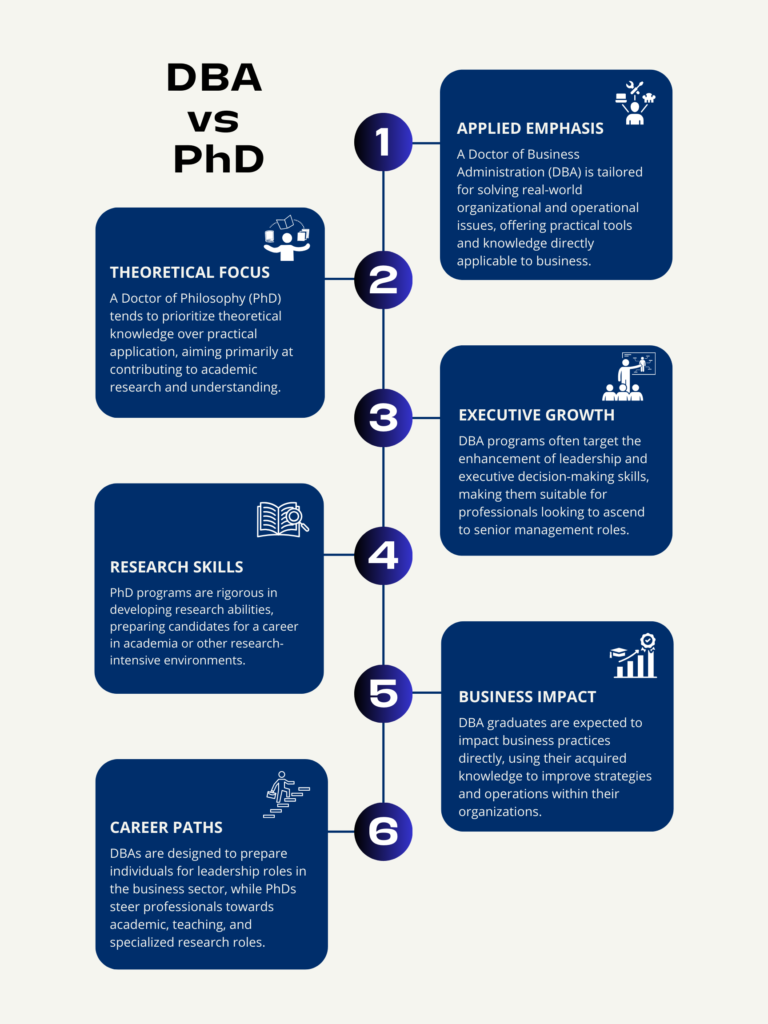Turner, S. P. (2024). Project Engineers on the Frontline: The Impact of Work-Related Stressors and Turnover Intentions: A Correlational Study (Order No. 31336077). Available from Dissertations & Theses @ National University. (3101099933). https://go.openathens.net/redirector/nu.edu?url=https://www.proquest.com/dissertations-theses/project-engineers-on-frontline-impact-work/docview/3101099933/se-2

Abstract
Work-related stress and its impact on employee turnover intentions represent a significant concern for organizations, particularly in demanding fields like engineering. This quantitative correlational study investigated the relationship between work-related stressors and turnover intentions among project engineers employed by private U.S. engineering firms serving public and private sector clients, including the Department of Defense (DoD). The study’s purpose was to examine whether job stress predicts contemplation about resigning from current employment among engineers in these high-pressure roles. The conceptual framework integrated Mobley’s turnover process model, the job demands-resources model, Maslach’s burnout inventory, and the conservation of resources theory. A survey was administered to a sample of 81 project engineers, with 69 providing complete responses for analysis. The survey utilized validated scales to measure work-related stressors and turnover intentions. Data were processed and analyzed using IBM SPSS v29. Results revealed a strong positive correlation (r = .662, p < .001) between work stress scores and turnover intention scores, supporting the theoretical models. Regression analysis confirmed that work-related stress significantly predicted 43.8% of the variance in turnover intentions (F(1, 68) = 53.029, p < .001). The findings validated the hypotheses, demonstrating a significant relationship between work stressors and increased propensity for resignation contemplation among project engineers. The study’s implications highlight the need for organizations to develop interventions mitigating excessive job demands, providing adequate resources, fostering supportive leadership, and promoting coping strategies to reduce harmful work stress and curb voluntary turnover among valuable engineering talent. Recommendations include job redesign, leadership development, fostering a supportive climate, providing coping resources, and a multifaceted approach to mitigate work-related stress and turnover.









